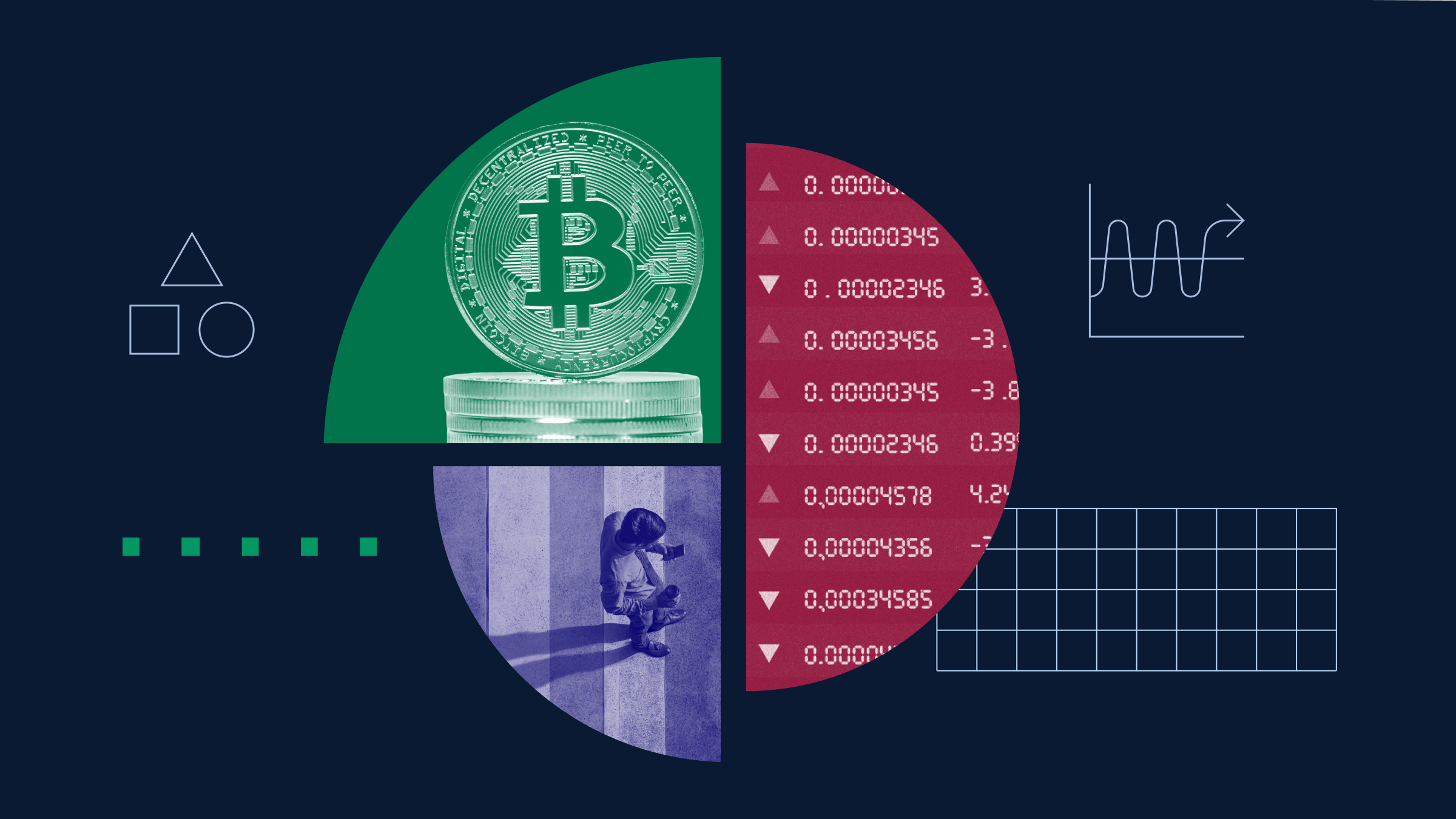My mom fell behind on an auto loan I co-signed for her and it has now tanked my credit score — what do I do?
It sounds like you were doing all you could to get your finances together in your twenties, like paying your bills on time and being mindful of your debt.
Don't miss
-
Thanks to Jeff Bezos, you can now become a landlord for as little as $100 — and no, you don't have to deal with tenants or fix freezers. Here's how
-
I'm 49 years old and have nothing saved for retirement — what should I do? Don't panic. Here are 5 of the easiest ways you can catch up (and fast)
-
Nervous about the stock market in 2025? Find out how you can access this $1B private real estate fund (with as little as $10)
But forces outside of your control have dragged you down. No, it’s not illness or unemployment. It’s your parent.
Even if you’re on top of your finances, their behavior can affect you. While parents typically have the best of intentions, they’re also human. If they’re not the most financially savvy, it could have far-reaching consequences on your finances.
At the time you co-signed on the car loan with your mom, you didn’t know any better and probably believed that this move would help build your credit, when you had none.
But it looks like instead of paying the loan, your mom may have used her paycheck to go shopping instead.
Here’s what this means and what you can do to fix this situation.
What this means and what you can do
When you co-sign a loan, you are telling the lender that you agree to be responsible for the debt. If the borrower can’t repay the loan and associated fees, you will need to, or it could hurt your credit score. If the loan goes into default, the car could be repossessed, and that negative mark will show up on your credit report since the credit bureaus will report the car loan as yours.
According to Equifax, “Once they're recorded on your credit reports, [car repossessions] can impact your credit scores for up to seven years. Credit behaviors that typically lead to a repossession, such as missed payments and defaulted loans, may also result in negative marks on your credit reports.”
With a low credit score, it could be difficult to qualify for a loan like a mortgage. Even if you could, you may be limited in your options. Lenders may not offer you the most competitive interest rates. You could pay more in interest charges, costing you tens of thousands of dollars or more throughout the life of your mortgage.
You may also have to pay higher car insurance premiums with a lower credit score.
You can get caught up on your mom’s car loan or contact the lender and negotiate a repayment plan to avoid a default. This could cost you thousands of dollars — money that you may be saving for goals like getting married and purchasing a home.
Content Original Link:
" target="_blank">




















































